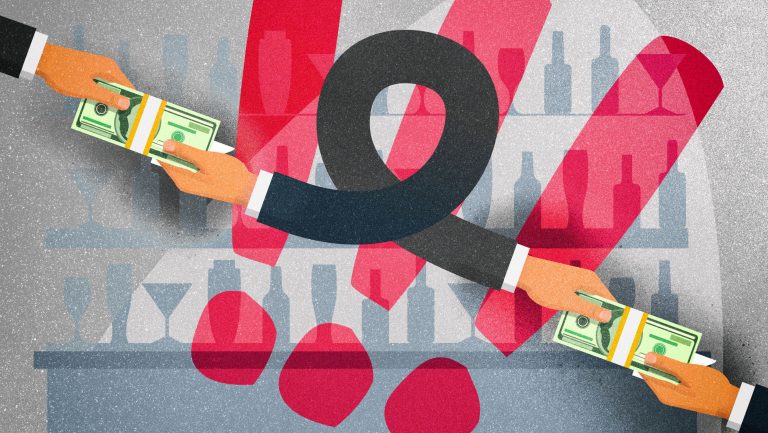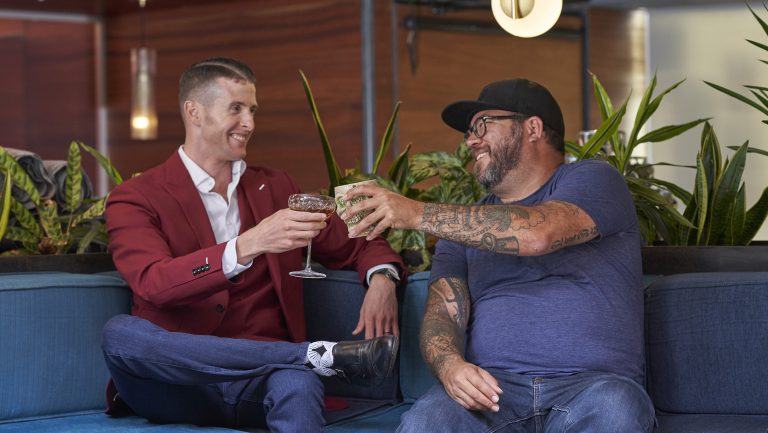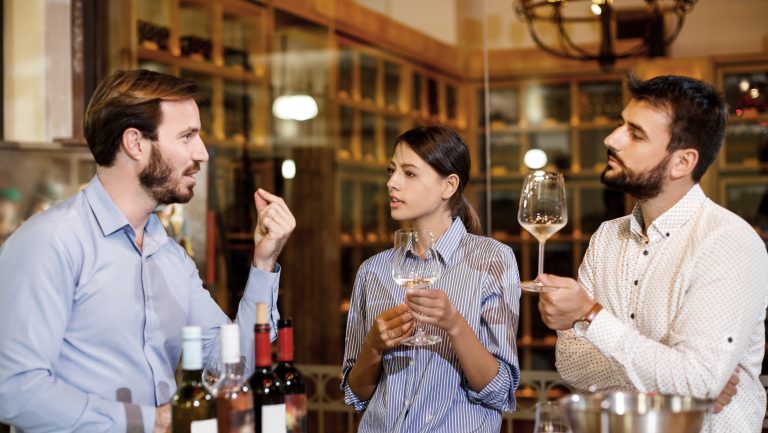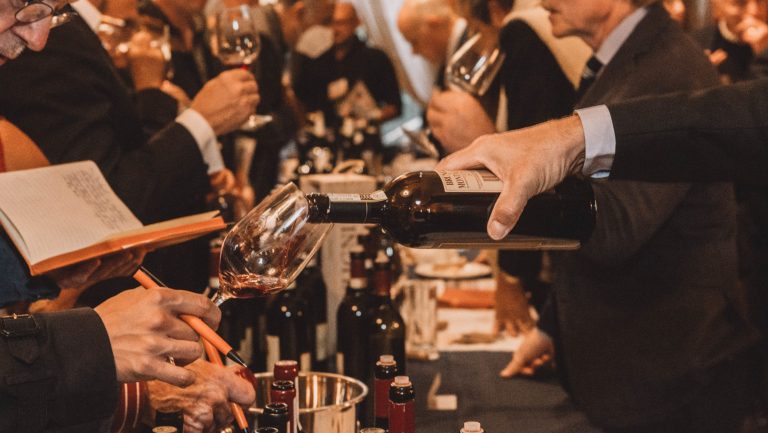The old adage “We’ll just have an agency do it” is a farce. It has never been legal for brands to simply give a third-party agency money to pay to a retailer for prominent menu or shelf position—the days of brands simply trusting third-party agencies to comply with local laws seem to be coming to an end. By ignoring or encouraging actions, such as swiping a credit card to give an account money or dropping off iPads and other gifts to retail accounts, suppliers can run afoul of national and local laws, which in turn yield pricey fines for violations.
In 2011 an Alcohol and Tobacco Tax and Trade Bureau (TTB) investigation into a Harrah’s beverage program resulted in major suppliers paying nearly $1.9 million to the TTB. According to the TTB, the suppliers had “furnished nearly $2 million in inducements [also known as slotting fees] through a third party to Harrah’s Entertainment’s hotel and casino subsidiary corporations” to obtain preferential product display and shelf space at Harrah’s.
This year, Heineken USA paid the TTB $2.5 million for trade practice violations, including, according to the TTB, the use of “third parties to pay for additional slotting fees to retailers.”

Don’t miss the latest drinks industry news and insights. Sign up for our award-winning newsletters and get insider intel, resources, and trends delivered to your inbox every week.
The TTB’s announced intentions in enforcing trade practices through 2022 seem to be coming to fruition. For its 2020 fiscal year, the bureau will receive federal funding of more than $3 million for continued trade practice enforcement.
Still, none of these actions by the TTB preclude using a third-party marketing agency. But before suppliers and distributors get into business with third-party agencies and marketers, they should simply consider the rules of engagement.
What Third Parties Can Do for Suppliers
The use of third parties is widespread. The services they offer can range from assisting in on-premise and off-premise consumer tasting events, executing experiential brand events and activations, and creating and managing online content, including social media.
Effective agencies can increase a brand’s market presence through relationship building, but based on previous TTB violations, problems can arise when third-party agencies interact directly with retailers (meaning any place with a license to sell alcohol, like a bar, restaurant, or liquor/wine shop). Some agencies simply exchange money for retailer placements. Essentially, they take a cut from the supplier or distributor’s fee—for instance, 15 percent—and pass the rest of the money (the aforementioned slotting fee) on to a retailer for premium placements on the shelf or bar menu.
Suppliers Must Create and Enforce Contractual Standards
Suppliers who are considering entering into a relationship with a third-party agency should start by taking into account the activity the agency is being engaged to perform. A good rule of thumb is [to say] “If we can’t do it directly, we can’t do it through a third-party marketing company,” says Alison Herman, the senior regulatory and compliance counsel for Southern Glazer’s Wine & Spirits (SGWS), based in Miami.
If suppliers do decide to work with an agency, they should require the agency to indemnify the supplier or distributor if relevant laws are not complied with. That means that if a regulator fines the supplier or distributor for something improper the agency did, the supplier or distributor can look to the agency for reimbursement.
“Indemnification is one of the main reasons brands hire third parties rather than [engaging with retailer accounts] in-house,” says Kristen Hannah, who started the trade marketing division at William Grant & Sons before founding the field and experiential agency Ayatana XP, based in New York City. The reason, she notes, is that the agency then takes on some of the liability and risk of running afoul of regulations.
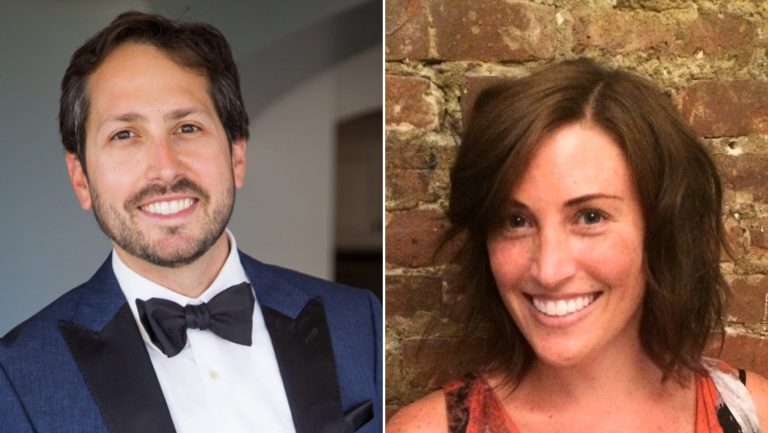
Suppliers and distributors should also consider including compliance language in an agency agreement. Such language will say, in part, that the agency does not have any ownership in any retailer and that client funds are not intended—and will not be used—to induce a retailer to purchase certain products to the exclusion of competitive products. For instance, the international company Diageo contractually requires third-party agencies to follow all relevant local laws as well as additional internal policies, according to Trey Tomlinson, the company’s director and senior counsel for beverage alcohol law. When Diageo partners with new marketing agencies, it conducts initial training and then periodically follows up to ensure that standards are being maintained and that all agency staff is trained.
As Herman of SGWS explains, some states—for example, Florida—even require distributors to have third parties sign certificates that say: (a) the third-party company is not related to any retail licensee/vendor, and no monies paid will be provided to the retail licensee/vendor, (b) none of the monies paid to the third party will be used to pay for or reimburse a retail licensee/vendor for any advertising services, and (c) all services performed by the third party on behalf of the distributor must be for services that can be legally performed by the distributor pursuant to FAA and state alcoholic beverage laws.
The Advantages of Legally Collaborating with Third-Party Marketers
According to John Cicero, the vice president of Team Enterprises, a brand management and strategy company based in Fort Lauderdale, Florida, the benefits of working with agencies go “beyond the monetary.” For the company’s Bacardi portfolio, Cicero manages over 100 team members—called Bacardi activation managers, or BAMs—who are dedicated to the brand. “[Their work is] not about paying for placements on national account menus,” he says. “The BAMs have a much smaller number of accounts to visit than someone in-house, so they can be more customer driven.”
The BAMs can develop personal relationships with retailers and bars and try to understand their specific needs and goals. For instance, does a particular bar want to win an industry award or other accolade? Agencies can provide informed suggestions for marketing or cocktail programs, happy hours, and city- and account-specific events to draw a crowd, with both the supplier and the retailer or bar in mind. Instead of a brand providing generic, national point-of-sale marketing that may or may not work for a particular account, agencies can bring a personal, handheld touch, especially when a brand does not have its own people in a given market.
Hannah agrees that great agencies are experts in their field and provide an added level of creativity that someone who has to manage all aspects of a brand remotely from headquarters, including traditional advertising and budgets, just cannot supply. The Team Enterprises and Ayatana XPs of the world provide a service as an extension of the brand.
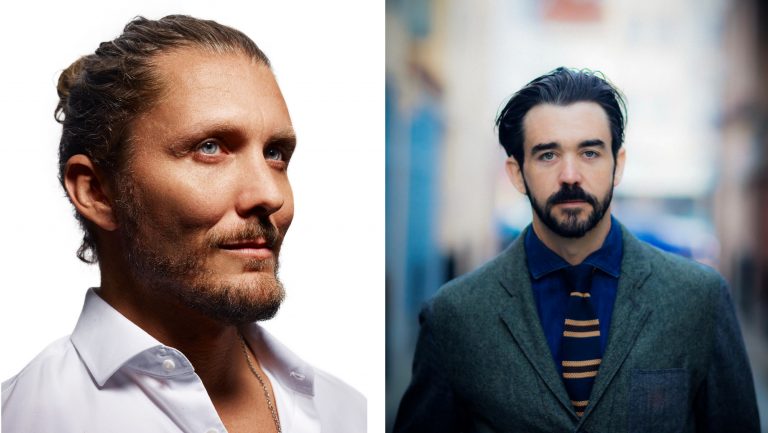
There are also independent organizations that work with brands as their sponsors, managing less tangible goals—and not sales—in mind.
The United States Bartenders Guild (USBG, based in California but active in 50 cities nationwide), for example, works closely with companies and brands such as Diageo and Campari through what it calls partnership programs. One of the activations it may manage could be a bartender competition, such as World Class, which is sponsored by Diageo. According to USBG’s executive director, Aaron Gregory Smith, “A partner is sponsoring USBG’s activity and program, so we have a lot of leeway to execute the program as we see fit.”
That means USBG is responsible for choosing venues, selecting judges, and executing the program overall. USBG understands that “different states have different laws as far as giving impermissible things of value,” notes Smith. Given the various state restrictions, USBG concentrates on offering educational experiences instead of just a cash reward for competition winners. The brand, by being a sponsor, gets to connect with bartenders around the country—for instance, its product is used as an ingredient in the cocktail competition. Through submission of a cocktail in a competition, the bartenders are more likely to become fond of the product and may even put their submission on a cocktail menu, increasing sales.
Similarly, the annual New Orleans drinks industry conference Tales of the Cocktail manages events around the country and internationally. According to Caroline Rosen, the executive director of the Tales of the Cocktail Foundation, which governs the event, TOTC presents competitions and other opportunities, sponsored by brands, in which bartenders can participate; these events get the products into the hands (and more importantly, the mouths) of the bartenders.
Third-party agencies will always be of value. A few bad apples over the years certainly do not make an entire industry unlawful. In the future, given the latest spate of enforcement actions, industry members should just be sure to emphasize compliance when working with third-party agencies.
Editor’s note: Nothing in this article is intended to be—and should not be—construed as specific legal advice.

Dispatch
Sign up for our award-winning newsletter
Don’t miss the latest drinks industry news and insights—delivered to your inbox every week.
Ryan Malkin is principal attorney at Malkin Law, P.A., a law firm serving the alcohol beverage industry. Nothing in this article is intended to be and should not be construed as specific legal advice.

